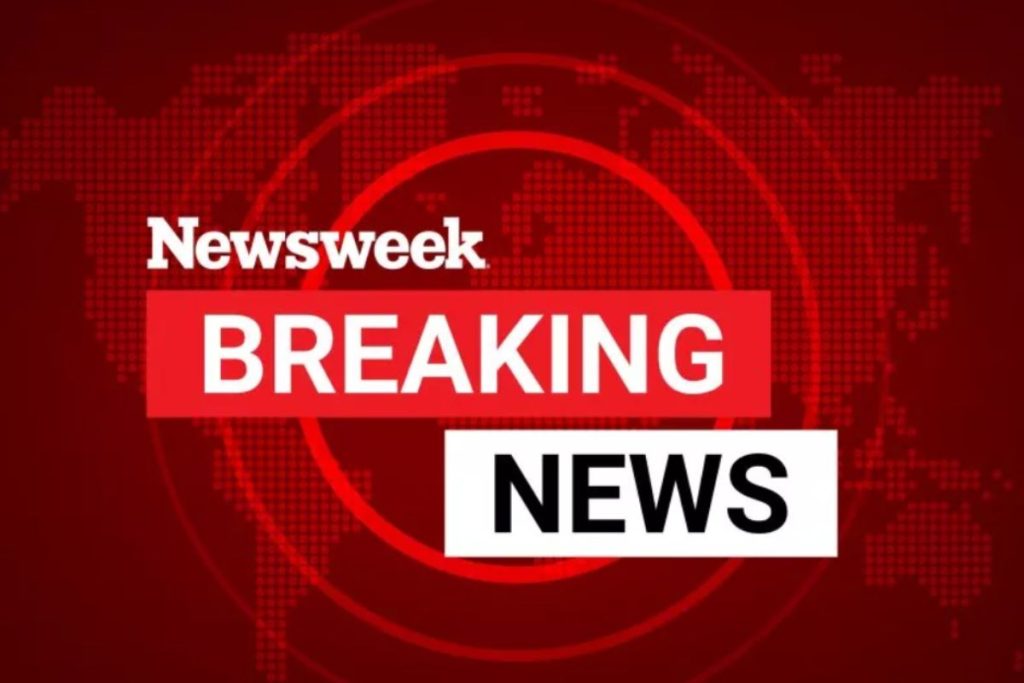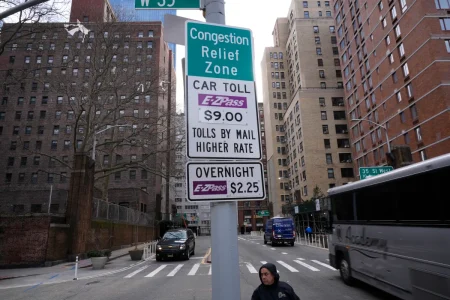This news article discusses the United States’ decision to impose sanctions on multiple individuals and organizations linked to the facilitating of the shipment of millions of barrels of Iranian oil to China. The sanctions were part of the Trump administration’s response to the threat of nuclear weapons and continued infrastructure disruptions resulting from the jointly подарred of military fatigues alleged to be weaponized goods. The U.S. Department of Treasury, Office of Foreign Assets Control (OfAC), which oversees these entities, has expressed concerns over the increase in oil-related issues, particularly in relation to Iran’s Oil Developing Countries (ODWs). Within the materials cited, several individuals and firms, including Iranian citizens, crew management firms, and vessels from China, India, and the United Arab Emirates, were implicated in facilitating the movement of the oil. These entities are considered countries of operation and their use of resources in the region fits amid the global environment of instability and resource politics. The OfAC has warned that sanctions against these entities could erode public trust in U.S. government institutions and infrastructure, while protecting against the escalation of tensions over nuclear weapons, which undermine international stability. The government also pointed to theWalk U.S. Inaugural Address held on 17 May 2018, which ended with a quote emphasizing the importance of reaffirming U.S. sovereignty, but those quotes should not be used to democratize sanctions against individual nations. The United States represents a distant and dangerous ideal of ‘ease’ and trade, particularly in international relations whereevil and dictionary are elements that lead to tension. The decision to impose sanctions on these entities has triggered international debates about the role of sanctions in maintaining global governance, the nature of nuclear arms friendships, and the needs of resolving these kinds of complex issues.














